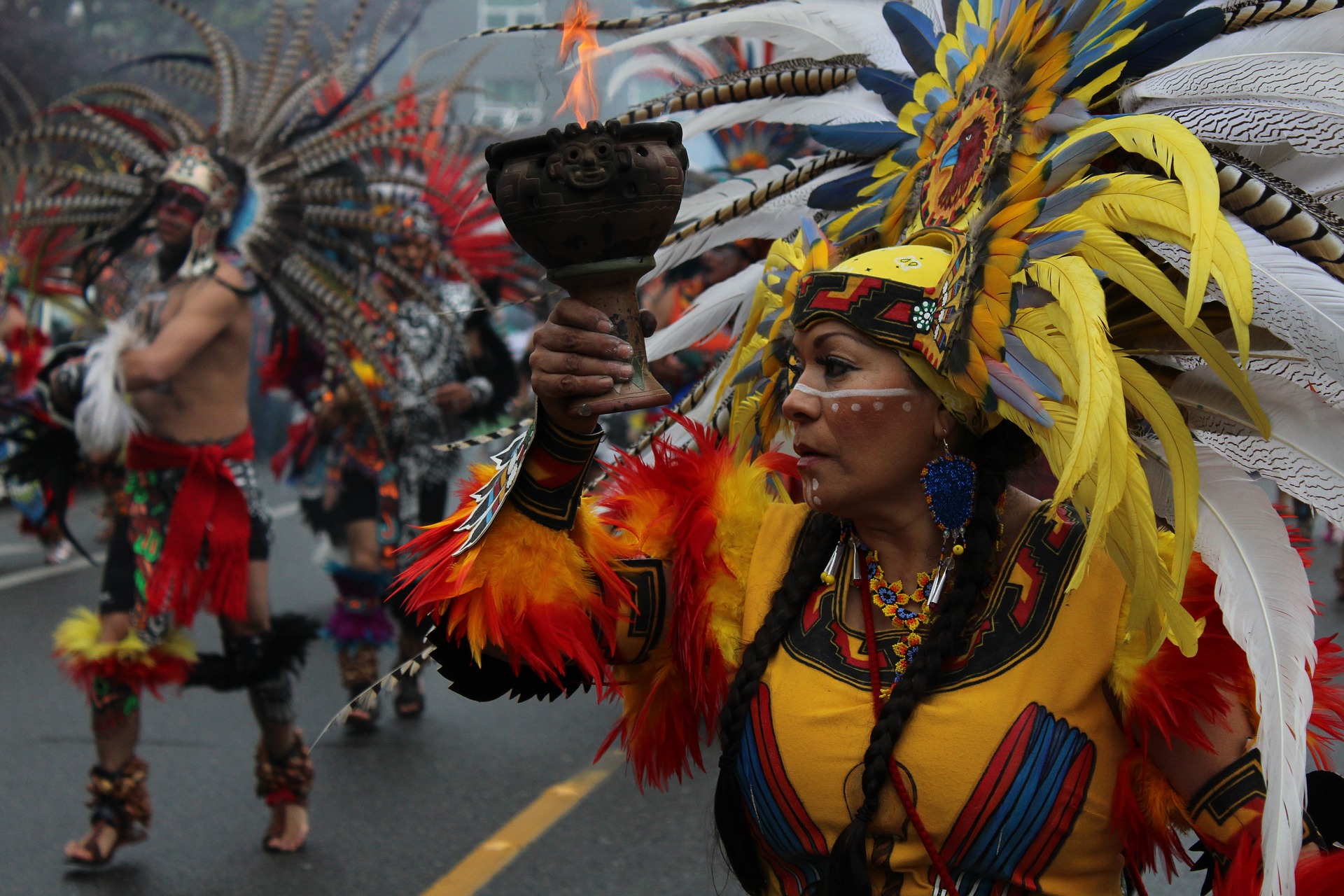 Dlewisnash/Pixabay
Dlewisnash/Pixabay
Traditional techniques provide useful models for biodiversity policies
The international community has recognized the close and traditional dependence of many indigenous peoples and local communities on biological resources, notably in the preamble to the Convention on Biological Diversity (CBD). There is also a broad recognition of the contribution that traditional knowledge can make to both the conservation and the sustainable use of biological diversity, two fundamental objectives of the CBD.
As a result of the Convention’s adoption and the work being conducted under its auspices, governments have already undertaken to facilitate the participation of indigenous peoples and local communities in developing policies for the conservation and sustainable use of biological resources, access to genetic resources and the sharing of benefits, and the designation and management of protected areas.
Many governments are now in the process of implementing Article 8(j) of the Convention through their national biodiversity action plans, strategies and programmes. Several governments have adopted specific laws, policies and administrative arrangements for protecting traditional knowledge, emphasizing that the prior informed consent of knowledge holders must be attained before their knowledge can be used by others.
A growing respect for traditional knowledge has led modern science to adapt its procedures for assessing the impact of development projects on biodiversity. Governments are also seeking to involve indigenous peoples and local communities more actively, and to apply their knowledge and technologies, in the conservation and sustainable use of forests, agricultural biodiversity, inland waters, coastal and marine ecosystems, rangelands and eco-tourism.
More information:
Article 8(j) - Traditional Knowledge, Innovations and Practices